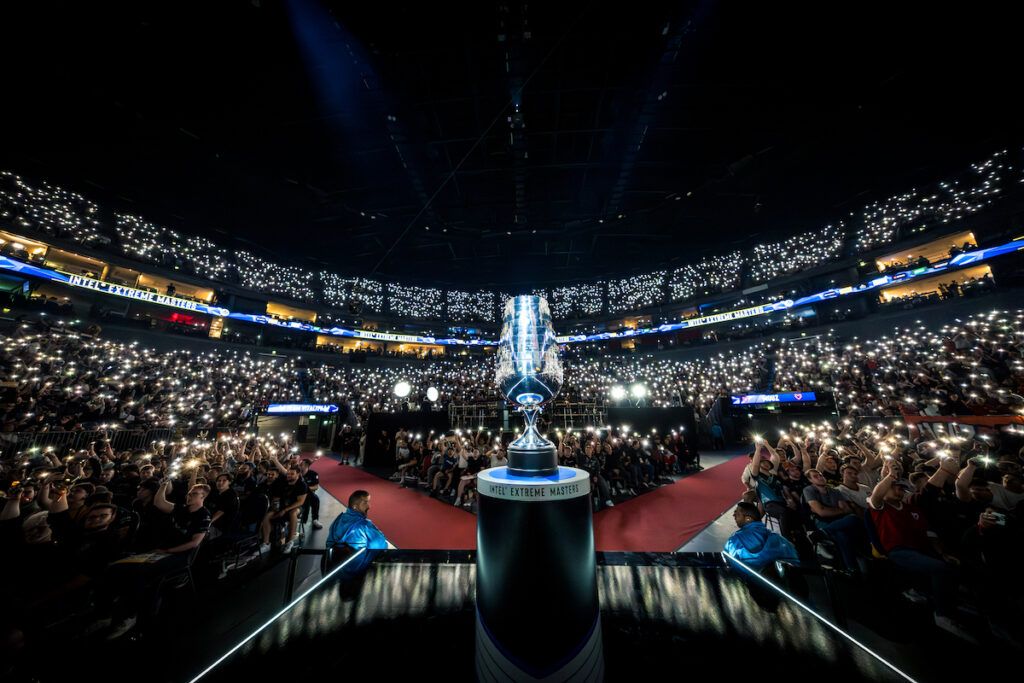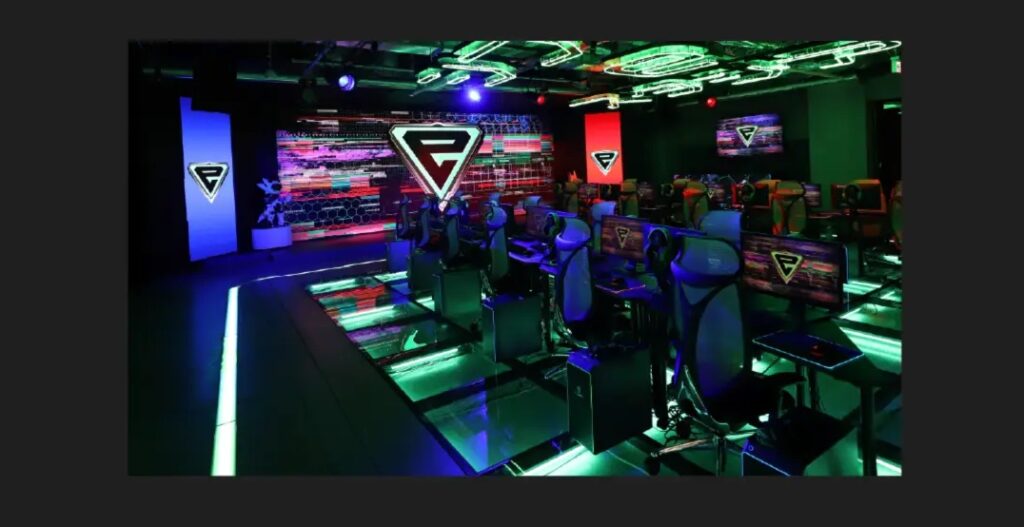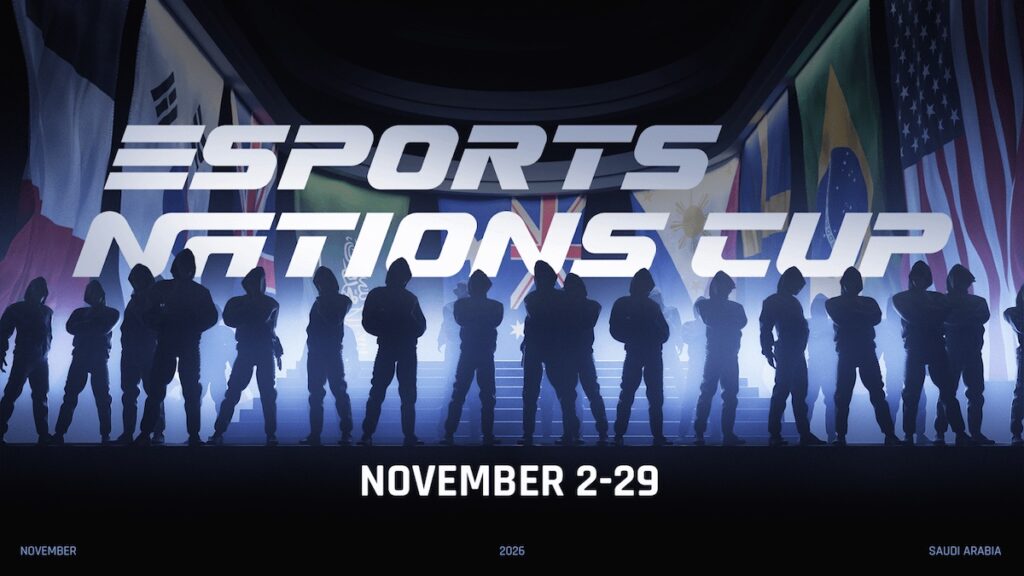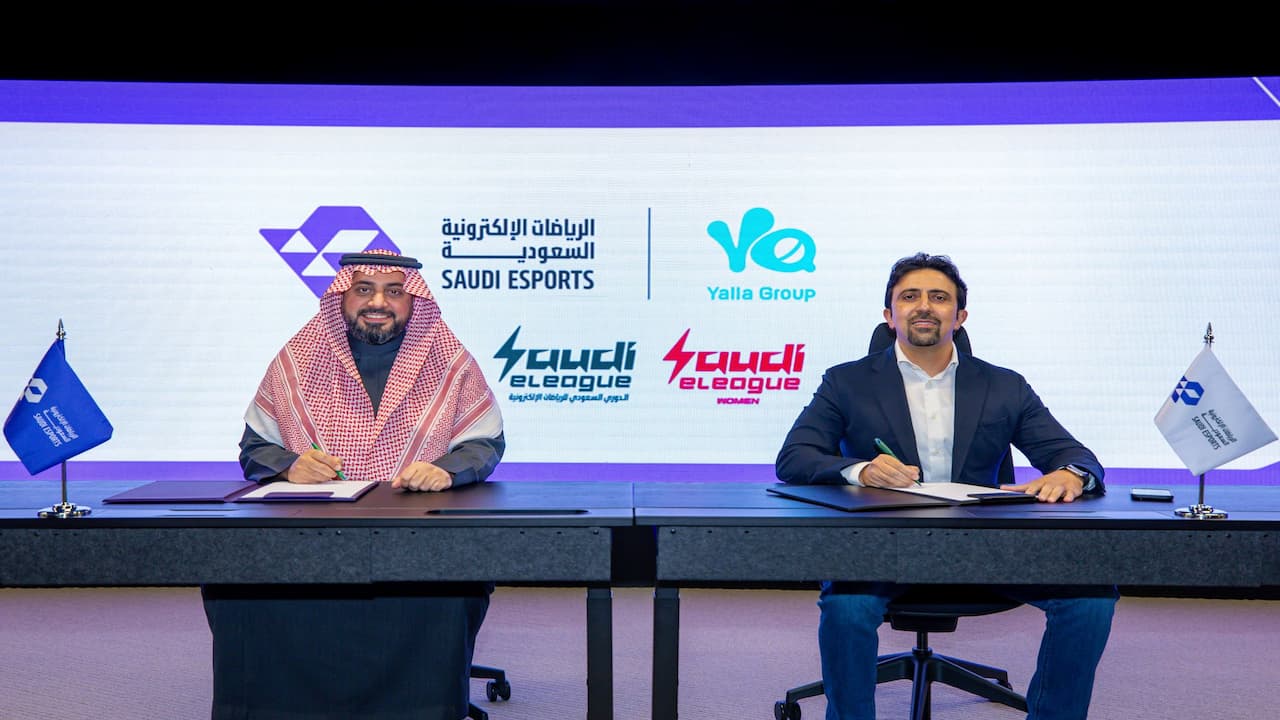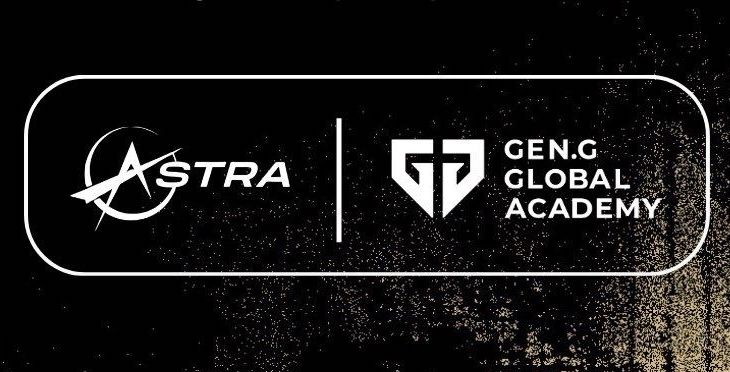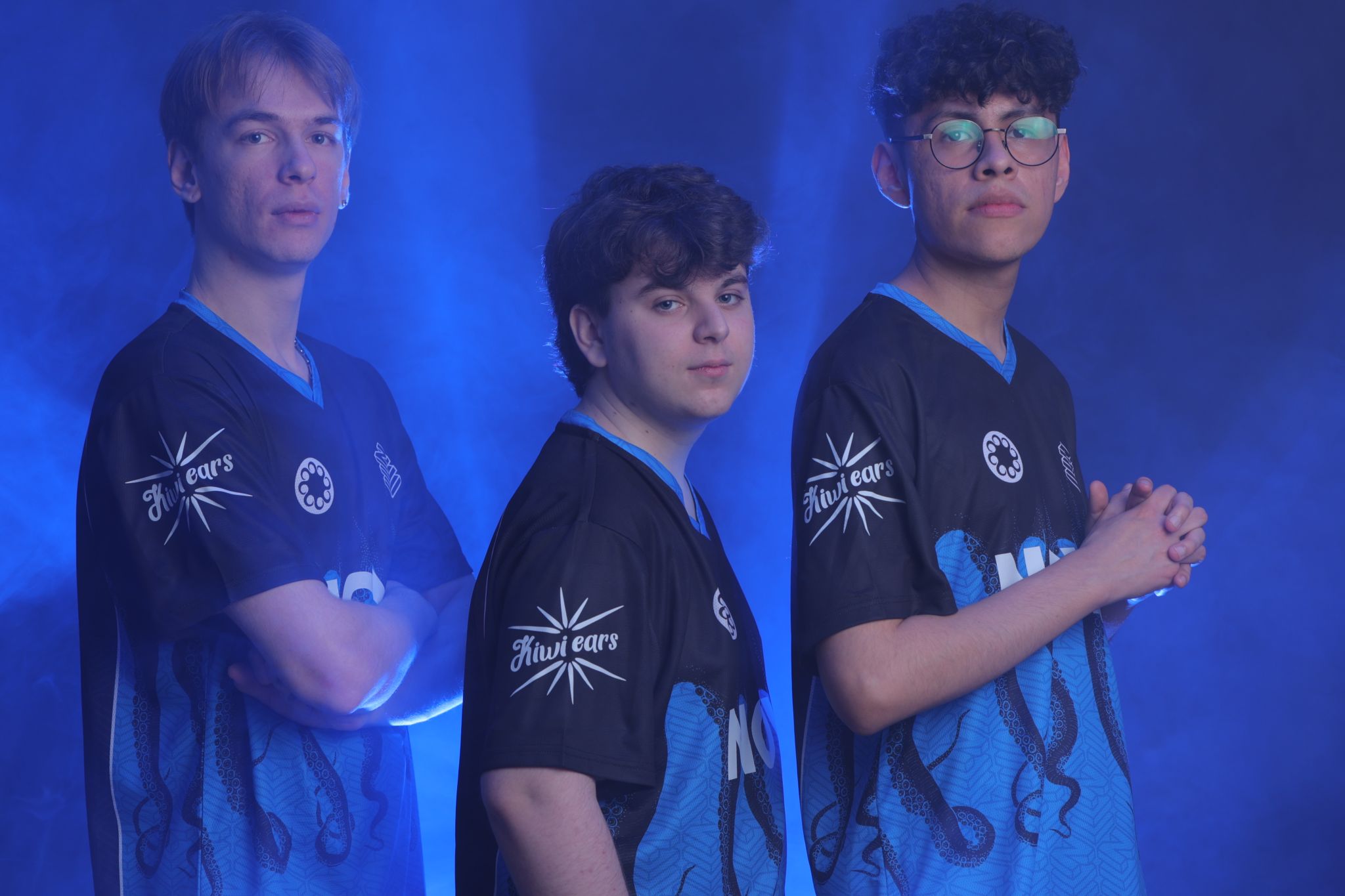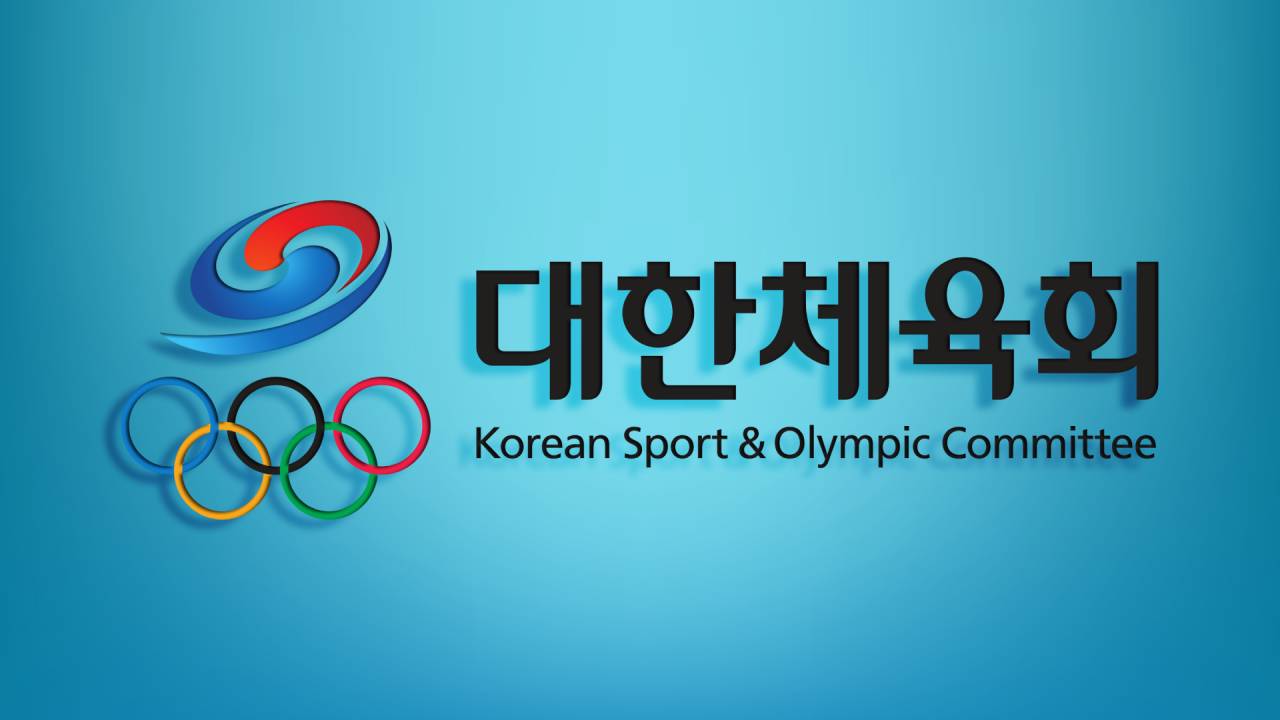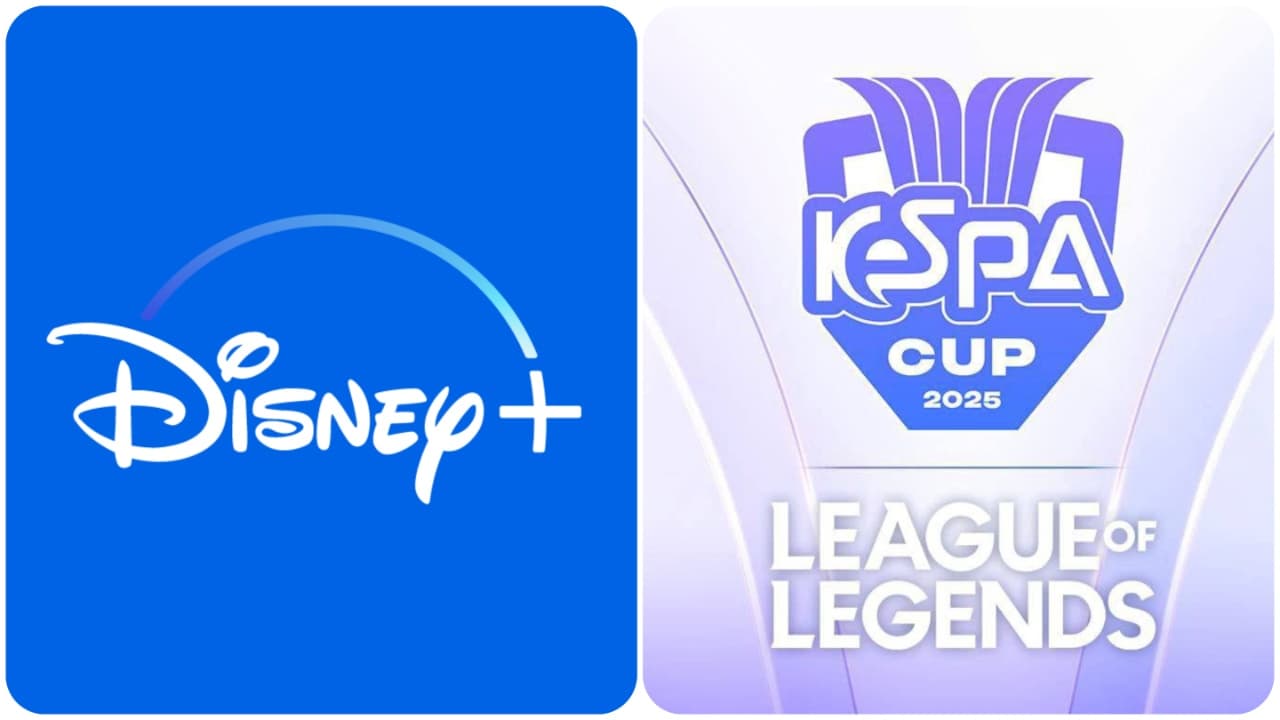Earlier this year, the ESL FACEIT Group (EFG) relocated one of its flagship Intel Extreme Masters (IEM) events from Katowice, Poland, to Krakow. Katowice has long held a special place in esports history, having hosted numerous landmark events over the years, including multiple IEM tournaments that helped define competitive esports in Central Europe. The city’s legacy is undeniable and that’s why it remains a key hub in esports, recently confirmed as the host for the ESL Pro League 24 finals.
Yet, Katowice remains relatively unknown beyond Poland and esports, with global awareness limited compared with other international esports destinations. By contrast, Krakow offers broader international visibility, larger venues like the TAURON Arena, and a tourism infrastructure better suited to hosting globally broadcast events, giving EFG a stronger platform to expand the flagship IEM brand.
Beyond practical considerations such as venue capacity, suitability and accessibility, Jascha Braeker, Senior Partnerships Development Manager for Host Cities at EFG, provided The Esports Radar with detailed insight into how the company evaluates and picks host cities for its events.
“To ensure a comprehensive and successful IEM event, EFG evaluates and selects new host cities based on a multifaceted approach,” said Braeker, “we consider the city’s commitment to esports, its existing gaming community, alignment with commercial objectives, world-class infrastructure, strategic time zone positioning, and robust civic support.”
Also read: EFG executive outlines strategic shift of IEM from Katowice to Krakow
Braeker elaborated on each of the criteria a city must meet to be considered a viable host: “A city should demonstrate an established esports strategy or a strong interest in developing one, alongside prior experience hosting major sporting or cultural events. This indicates the capacity and ambition required for large-scale event delivery.”

He added that the presence of an engaged local gaming community is essential. “There should be a vibrant local gaming scene, with a strong following for the specific game and an active community ready to engage with the tournament,” the executive noted. “Obviously, the gaming community is our priority audience, so being able to demonstrate deep engagement with the local gaming community from the city is vital.”
Commercial alignment is another key factor. “It is important that the city aligns with our global commercial partners’ target markets, offering opportunities for significant brand activations,” Braeker stated. “The venue must be fit for purpose with adequate capacity, connectivity, power, hospitality, and dedicated spaces for fan and sponsor activations. The city itself must be easy to access, with good transportation links, sufficient hotel capacity, and overall appeal as a travel destination.”
“Locations are chosen to optimise live broadcast windows, ensuring accessibility and engagement for global online audiences across key regions like North America, Europe, and Asia,” Braeker explained. He also highlighted civic support: “Host cities must be willing to collaborate and understand the broader benefits of the event, including economic impact, tourism, community engagement, and international visibility.”
EFG’s events have travelled to multiple cities in 2025 alone, from Dallas in the United States to Riyadh in Saudi Arabia (through the Esports World Cup), reflecting how diverse locations can make a name for themselves in esports. American city Raleigh, for instance, is not typically on the international tourism map, but through esports, it has successfully positioned itself as an emerging destination for competitive gaming.
Also Chengdu, China, has emerged as a prominent esports destination, hosting IEM Chengdu 2025 along with other major events like the League of Legends Worlds 2025. The city’s proactive policies—including substantial subsidies for infrastructure—underscore a commitment to fostering a robust esports ecosystem, positioning Chengdu as a key player in the global esports arena.
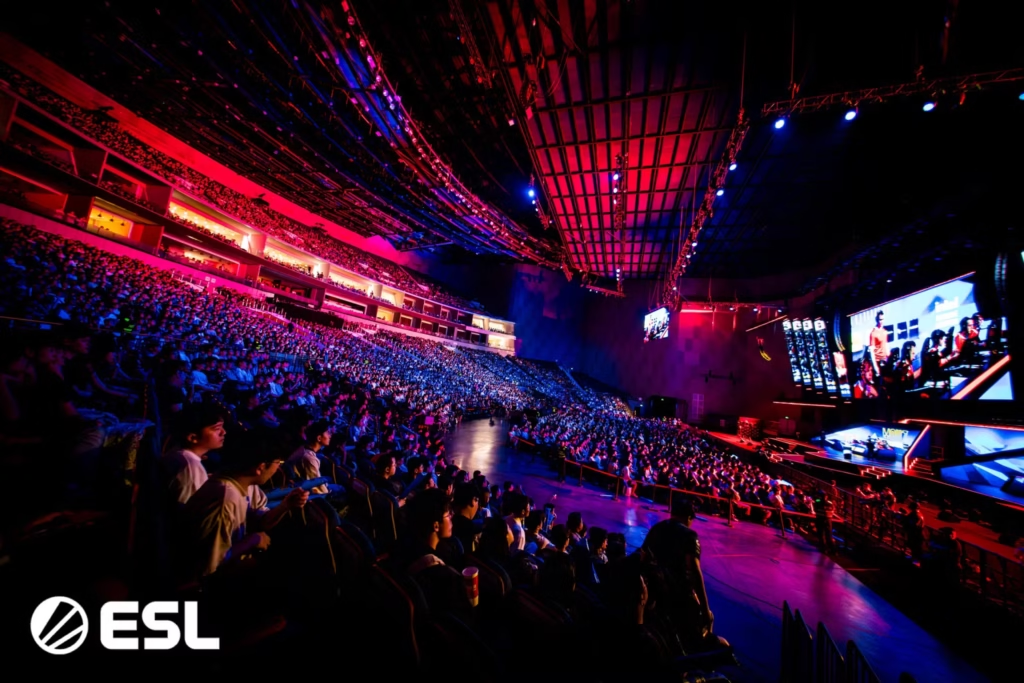
Other organisers, like BLAST, have also expanded into new territories that aim to establish a strong presence on the global esports map, such as Singapore, India, and Malta, all still in 2025. The Maltese government, for example, openly fosters the country’s inclusion in esports through GamingMalta, with policies that incentivize the establishment of initiatives in it like the hosting of the ESL Pro League and the opening of a facility by Brazilian organisation FURIA on the island.
In competitive bidding situations, cities “pitch” themselves to EFG by demonstrating that they are true partners capable of delivering a world-class event. “Key deciding factors include clear vision and strategic alignment,” Braeker said. “Successful pitches demonstrate a well-defined vision that aligns with both the city’s long-term goals and EFG’s objectives, showing an understanding of our audience, brand, and aims.”
Cities are also evaluated on their ability to bring together stakeholders across government, education, and local business. “Bids need to showcase genuine commitment from various city stakeholders, including mayoral offices, local councils, tourism boards, educational institutions, and venue operators, signaling long-term ambition and readiness,” Braeker explained.
Examples of cities where mayoral offices have actively supported IEM events include Rio de Janeiro, Brazil, whose administration has consistently backed esports initiatives and even holds a Games and Esports department. The city hosted an IEM Major in 2022 and two other IEM Rio events in 2023 and 2024. After skipping 2025, another IEM event is already confirmed for Brazil in 2026, although the specific host city has not yet been announced.
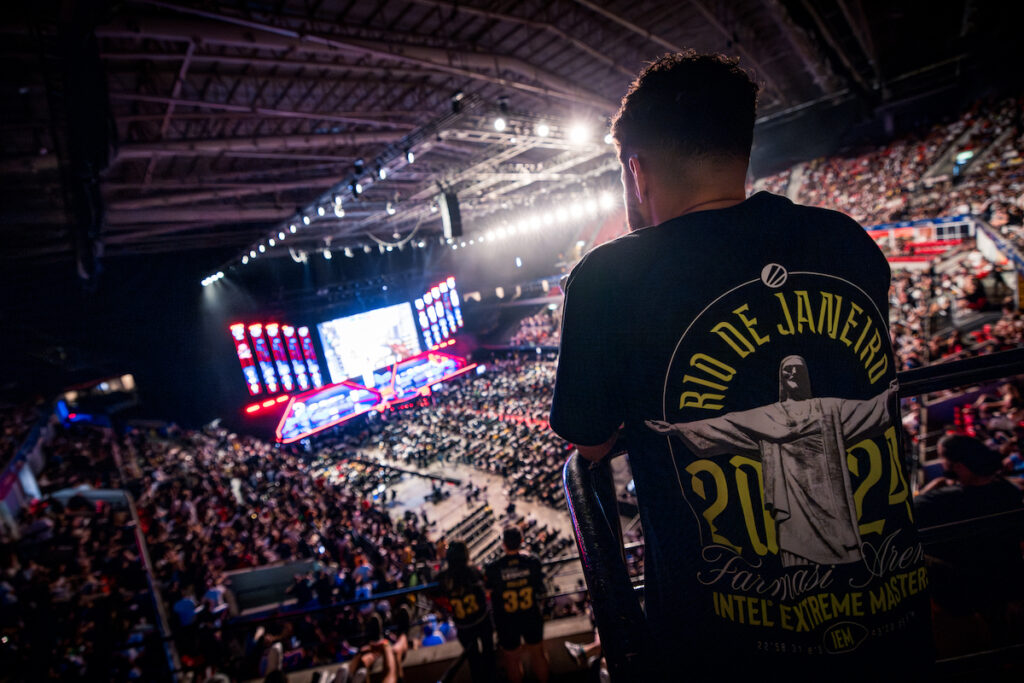
“The best bids illustrate how the event is a natural fit, fills a gap, or accelerates growth, and can amplify EFG’s brand and fan experience,” Braeker said. Cities that provide financial backing, operational support, or promotional assistance are more likely to deliver successful events. “Ultimately, winning cities bring passion, purpose, and partnership, demonstrating why an IEM event will thrive in their location.”
“EFG’s final evaluation also considers the bidders’ vision for audience engagement, the quality of the venue and infrastructure, commercial potential, the stakeholder landscape, the host’s experience in major events, and alignment with our corporate and social impact initiatives,” Braeker concluded.



